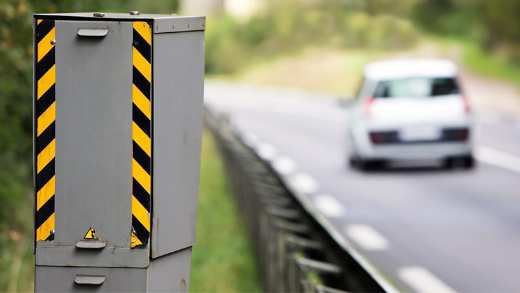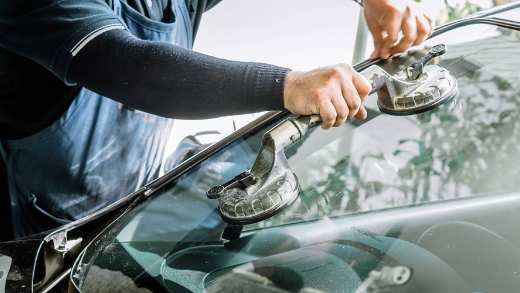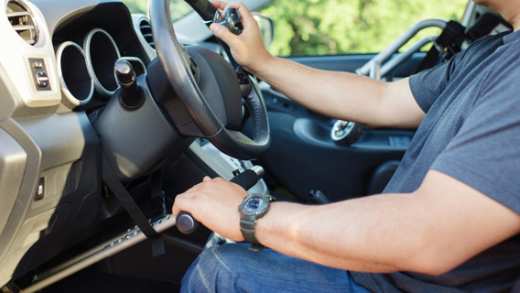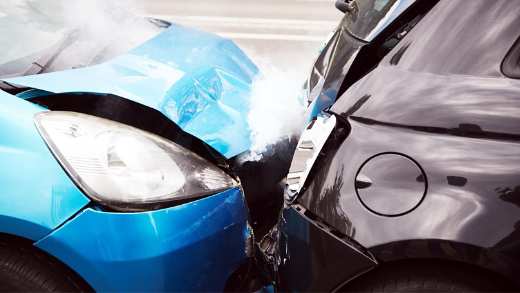If you've ever tried to do a professional's job by yourself and found out too late that it wasn’t up to scratch, this article might be for you.
We surveyed 1,000 people Footnote [1] who attempted DIY maintenance or repairs on their car, and the results might make you think twice before spending a weekend covered in grease.
With the cost-of-living crisis putting the brakes on senseless spending, it's understandable why half of those who responded said it was to save some dosh, with nearly as many claiming they were confident they could do it themselves.
However, for the 45% of DIYers that ended up taking their car in to finish the job they started, it turned out to be a false economy.
While everyone's experience was different, the average botch job cost the owner £803, with electric vehicle owners saying they paid the most at £1,279. As cars have become more complex and digitised, attempting DIY car repairs isn’t what it used to be.
The age of discretion
DIY failures were most common among the younger age groups, with nearly three-quarters of 17-24s needing to get their slip-up fixed by a professional. The 25–34-year-olds were a bit more successful, with 61% reaching out for extra help.
These results make sense given the younger ages usually have less cash and more spare time.
A rundown of what was attempted
The most popular tasks that most people would do themselves included:
- Replacing headlights, taillights, or other bulbs
- Checking tyres for cracks, bulges and other defects
Unless respondents were trained to complete some of the more fiddly tasks, the chances are they're risking something dangerous happening while they’re on the road.
In our study, 15.3% of drivers tried to replace an interior component, like a broken door handle or seat belt. While it may look simple in a video, you wouldn't want to risk it, especially when you consider the potential dangers associated with driving.
| Task | % of respondents attempted |
|---|---|
| Changing the oil filter | 21.70% |
| Replacing the air filter | 18.50% |
| Checking and changing windshield wiper blades | 36.90% |
| Checking and topping up fluids (e.g., water, coolant, brake fluid, power steering fluid) | 52.60% |
| Replacing the cabin air filter | 13.60% |
| Replacing spark plugs | 16.40% |
| Replacing the battery | 25.00% |
| Checking tyre pressure and inflating/deflating as needed | 58.50% |
| Checking tyres for cracks, bulges and other defects | 48.30% |
| Replacing a blown fuse | 21.50% |
| Replacing headlights, taillights, or other bulbs | 33.70% |
| Installing or replacing a car stereo or speakers | 13.90% |
| Replacing brake discs and/or pads | 17.70% |
| Repairing minor scratches or dents | 23.40% |
| Replacing a damaged side mirror or exterior trim | 13.90% |
| Replacing a broken interior component (e.g., door handle, seat belt) | 15.30% |
| Replacing the timing belt or timing chain | 8.00% |
| Changing a tyre | 35.10% |
| Fixing the air conditioning/ heating | 10.60% |
| Other, please specify | 1.10% |
| N/A- have not done any repairs/maintenance within this time period | 2.50% |
Has this put them off trying to fix it themselves in the future?
According to survey results, the vast majority of those who attempted DIY car maintenance or repairs are likely to give it another go. Although, they haven't confirmed which jobs they had in mind.
If you don't have the right safety equipment or proper training, you could dig yourself into an expensive, or dangerous hole. While certain jobs might appear to be a quick fix at first, you could make the problem worse or even injure yourself.
Can doing DIY maintenance affect my car insurance?
Performing DIY repairs could invalidate your insurance because a botched job can damage the car's value. Similarly, upgrading your vehicle's features might add value, if done properly. This would be crucial for insurers to know if there's an accident. So as a rule of thumb, it's best to keep your insurer updated, especially if you don't own the car outright.
If you own the car outright, insurance companies may be more willing to let you do a self-repair. It’s always a good idea to check with your insurance provider before getting repairs done, whether they are professional or DIY.
In the case of leases and financing, the company that owns the car may decide who can fix it. This is because they've got a financial interest in the vehicle, so always run it by them before making any snap decisions.
Hazel Johnson, Personal Motor and Home Claims Director, at Aviva, comments: “With inflation impacting every aspect of our lives, it’s not surprising to see that the majority of drivers are repairing or maintaining their car themselves, with an abundance of tips and advice available at their fingertips.”
We guarantee the quality of repairs made by our approved repairers for as long as you own the car, even if you change insurers*. So if you're done with dodgy DIY, get a quote for car insurance in minutes.
*The parts are covered for however long the part maker or supplier guarantees them. Wear and tear isn’t covered, and you’ll need to keep your car roadworthy.










